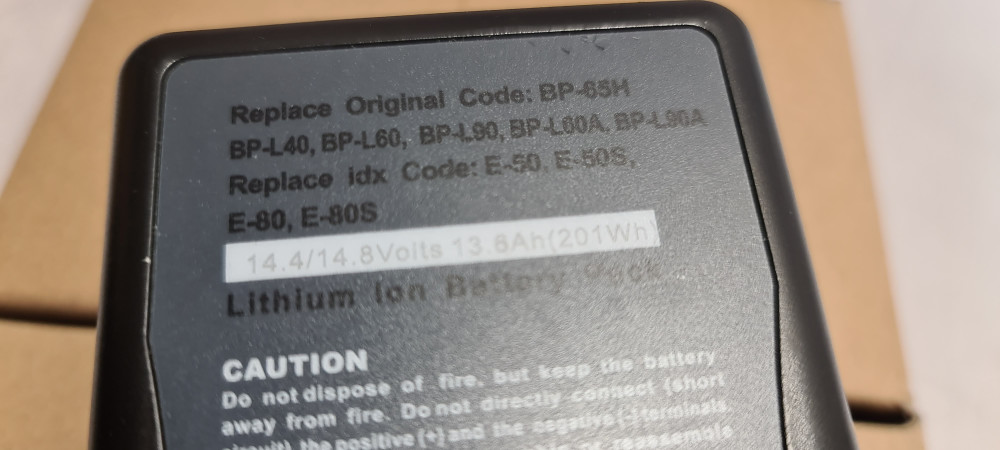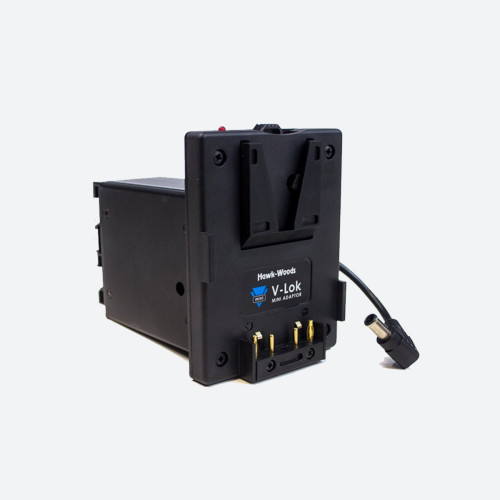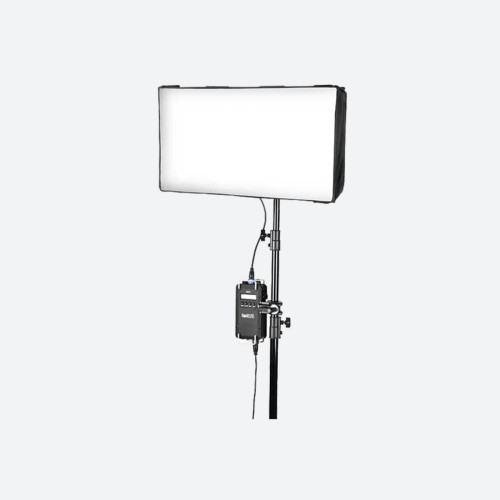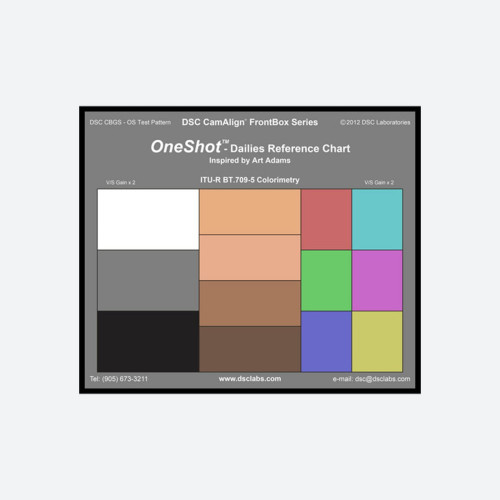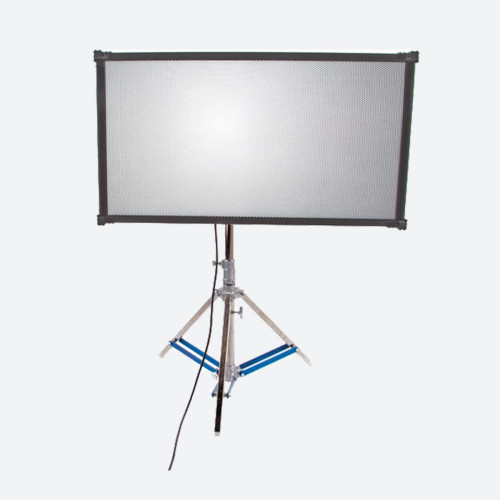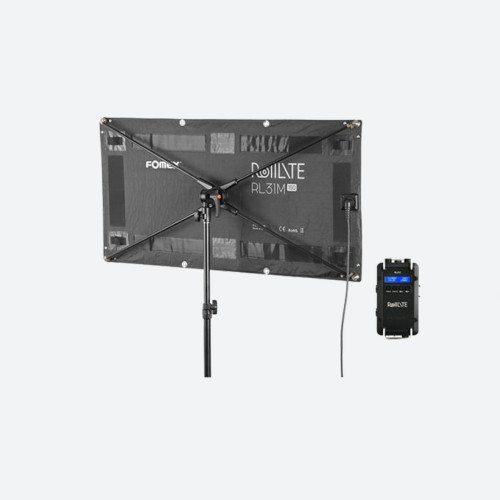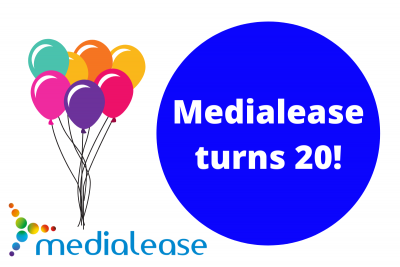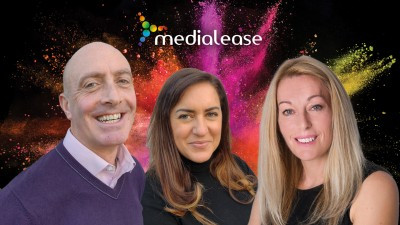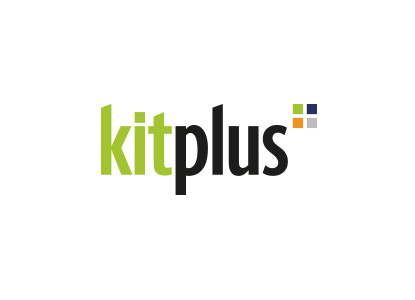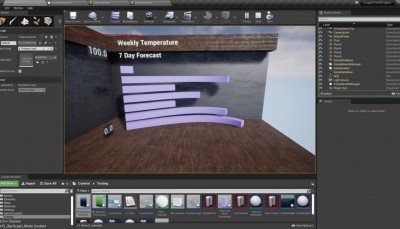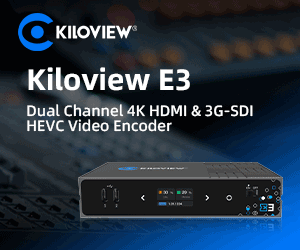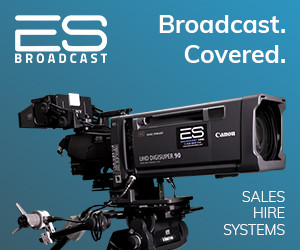To buy or not to buy that is the question

Author: Bob Pank#
Published 1st October 2010
When it comes to buying or leasing your equipment, should your head be in the clouds or your hands in your pockets? Azule’s Peter Savage investigates...
As the theme of this month’s issue is archiving and storage, I thought it would be a good time to take a moment and look at different ways of acquiring the IT based storage and archiving assets on which our industry depends.
The traditional view in most businesses is that it is best to own your assets and make your capital work for the business, but with a growing trend towards outsourcing - especially with IT-related products – now is a good time to consider: Which of these paths is best you’re your business? In this article I’ve included a number of examples to help identify which solution would work best for you…
Not to buy - outsourcing
Let’s look first at cloud computing, which has been steadily gaining momentum in recent years. This is when a company uses a virtual IT system which it outsources from a larger IT service company. It can be especially useful for start-up businesses with low and uncertain storage and capacity requirements, and for businesses with fluctuating needs as the capacity can be scaled up or down easily and quickly to respond to changes in demand.
Tennis provides an example again…
A good example of cloud computing in practice is the official website for the Wimbledon Tennis Championships, which attracts a constant but relatively low amount of traffic for 50 weeks a year but sees a huge spike over the two weeks of the tournament. It would be highly uneconomic for Wimbledon to buy huge capacity just to accommodate its two-week spike, so it taps into a cloud system to meet the short-term demand and scales back when the winners have taken home their trophies.
So does the Beeb
The BBC is another good example of the trend towards outsourcing, seeming to have outsourced almost everything except its main salary bill. It currently outsources its transmission, IT systems, Outside Broadcasting and its buildings and facilities including the new flagship Media City development in Salford Quays.
Is outsourcing all good news?
Fervent outsourcers argue that - with a minimum annual cost commitment - companies can save money on capital equipment and instead use their resources and cash to optimise their income. For the BBC, it means that the licence fee can be used to create programmes and saleable content rather than buy and service buildings and IT systems – a sensible choice for a national broadcaster that relies on public money and the sale of its content for its income.
To buy – insourcing
Owning your assets, whether through cash or leasing, can give you several significant benefits.
You stay in control
Firstly, you are in control of your own equipment. Going back to the BBC, a national broadcaster should own the equipment it needs to provide a public service. In general, buying assets means that you can build your company on a self-sufficient basis, which, in certain circumstances, may work out be more prudent than the outsourcing model. It also retains a level of autonomy within your business, protecting against any potential issues that may arise for the outsource partners and safeguarding against he problems of non-supply.
Secondly, when you buy and own your assets they can generate more income than their cost to the business. Take this example from the world of leasing:
If a cameraman works for three days a week on various formats and rents a camera from a hire company at £300 (outsourcing), that would work out to £3,600 in camera hire each month. If the camera itself costs £40,000 which could cost around £1,300 a month on a three-year lease, it’s clear that the cameraman is better off buying the camera over three years (insourcing). After three years, the cameraman will own the camera outright and can generate extra income from either hiring or selling the camera himself.
Conversely, if a post house hires a mastering VTR three times a week and pays £250 a day (£3,250 a month) and the lease cost is £2,560 a month then the opposite is true - continuing to hire makes sense.
So the answer must lie somewhere between the two.
If you have fixed income based on hard assets that will retain their value after their useful life, the income it generates is higher than the cost of outsourcing, and you are able to purchase them over the same time frame then, economically speaking, you must purchase your assets.
On the other hand, if you have to invest huge sums on infrastructure that will devalue quickly, and your contracts are largely based on specialist skill sets rather than assets, then outsourcing is the best option.
Finally, in some cases, companies will be forced to purchase assets and this will always be more effective and tax efficient if done so with other people’s money. It would enable them to take ownership of the assets over their useful lifespan and retain high levels of cashflow within their business to aid expansion.
This is where leasing makes the most sense – but that is another article altogether...
If you would like to read other articles in this series, visit our website: www.azule.co.uk. If you would like advice on buying or leasing equipment, or on management and business issues, do email me on peter.savage@azule.co.uk and/or write to the TV bay editor.



